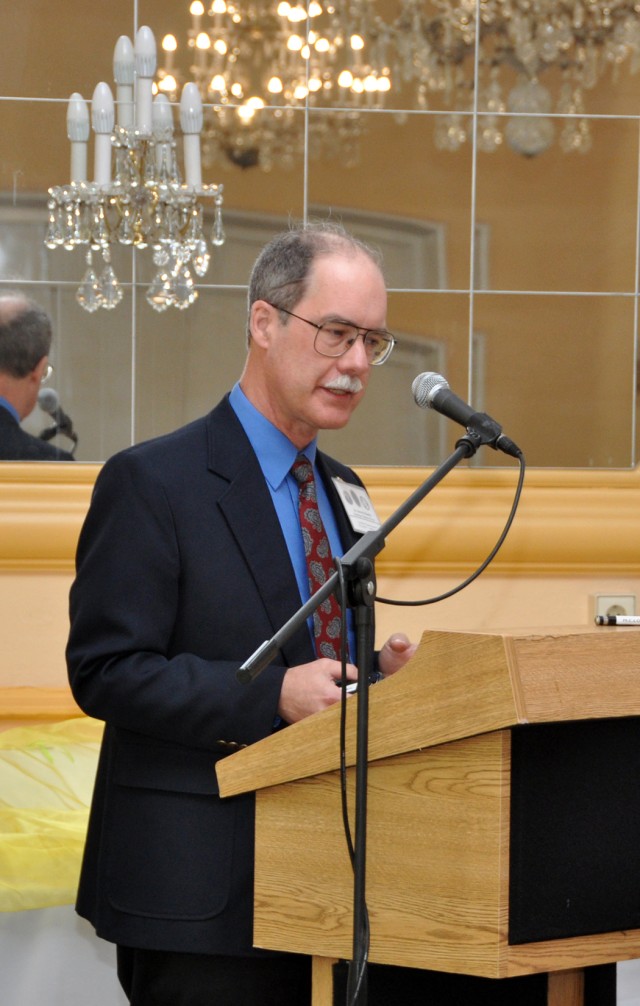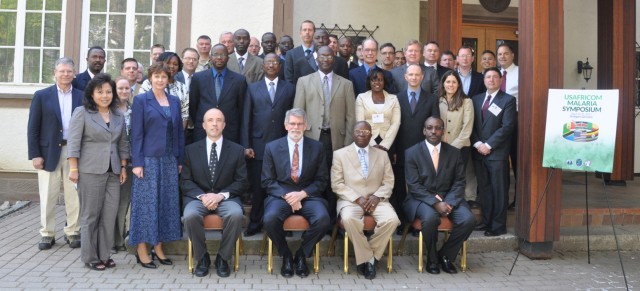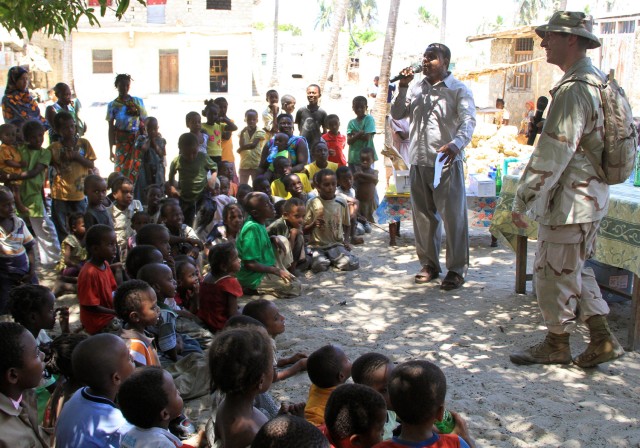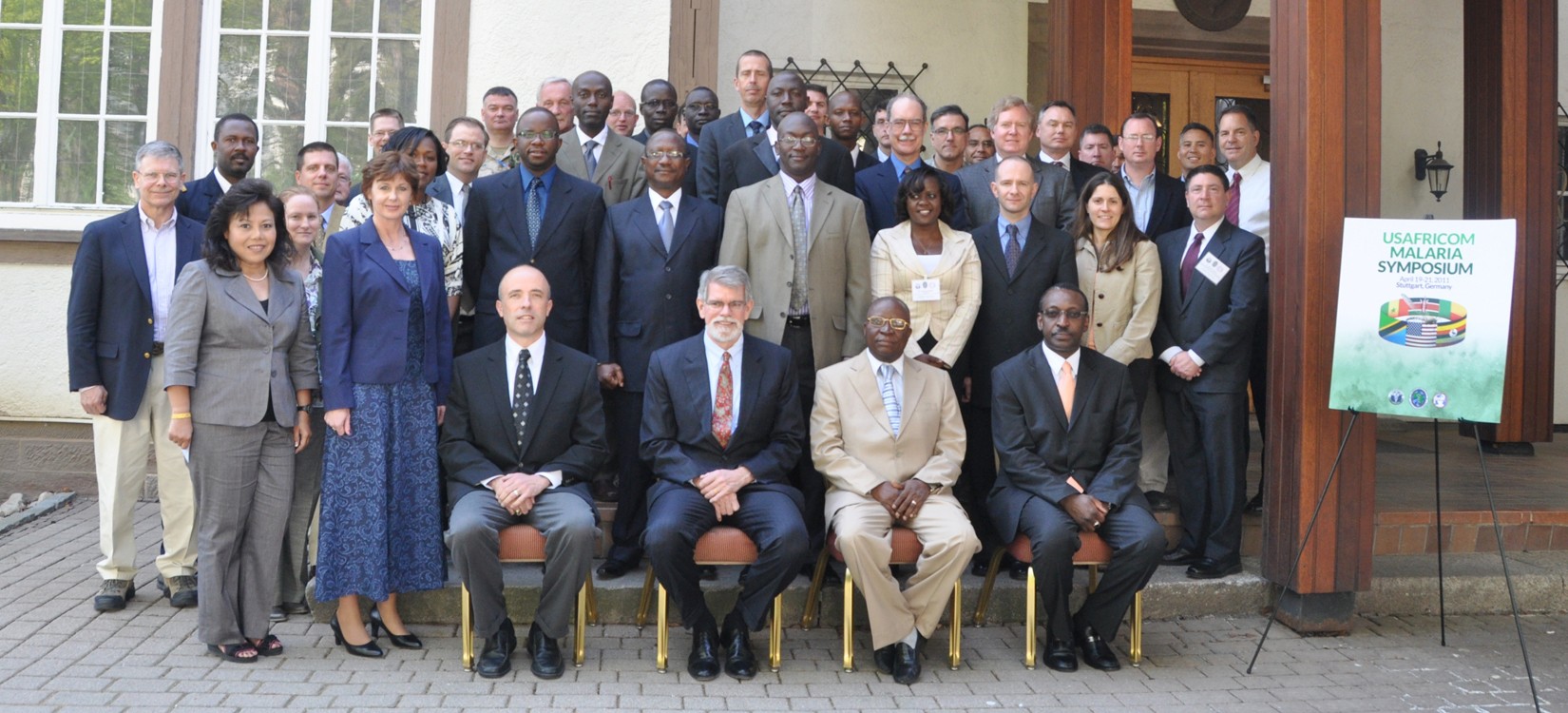VICENZA, Italy - April 25 was World Malaria Day, commemorating medical, scientific and community efforts worldwide to control the tropical disease.
For a fourth year, world communities are recognizing progress to find vaccines and the impact that malaria has in tropical locales. According to Col. Alfonso S. Alarcon, U.S. Army Africa Command Surgeon, World Malaria Day has a special significance for USARAF troops.
"World Malaria Day is an opportunity to reinforce the importance of malaria prevention to Soldiers who travel to Africa. For AFRICOM, malaria is the signature disease, just like in Central Command where post-traumatic stress disorder and traumatic brain injury are signature medical conditions," Alarcon said.
He noted that malaria continues to be a prevalent problem and that there are four species of mosquito that can infect humans.
"Malaria is debilitating in nature, is potentially lethal and entirely preventable with medications plus personal protective measures such as bed nets, insect repellant and proper clothing," Alarcon said.
He explained that the U.S. Army has been researching vaccines for malaria for more than 40 years.
Alarcon said the U.S. Army Medical Research Unit in Kenya was established as a collaborative facility with the Kenyan government conducting research on not only malaria but several other viral diseases including HIV/AIDS. The unit is a special foreign activity of the Walter Reed Army Institute of Research.
Recently, U.S. Africa Command sponsored a Malaria Symposium in Stuttgart, Germany. Majs. T. Lee Clark and Kristin Agresta represented USARAF at the conference. Clark and Agresta are staff members of the USARAF Command Surgeon's Office who took part in training in various subjects ranging from the status of malaria in sub-Saharan Africa to success and challenges of malaria diagnosis.
The three-day forum brought together military and public health delegates from the United States, Europe and Africa to discuss operational, strategic, and security implications of malaria in Africa, as well as successes and challenges in preventing the disease. The event was sponsored by U.S. AFRICOM with support from the Armed Forces Health Surveillance Center and the Center for Disaster and Humanitarian Assistance Medicine.
Alarcon said work on a malaria vaccine is progressing.
"Advanced molecular, genetic and biomedical technologies are now being used to produce candidate malaria vaccines. Field trials of these candidate pharmaceuticals are an essential part of the program and are under way in Thailand and Kenya," he said.
Related Links:
Follow U.S. Army Africa on Twitter
Join the U.S. Army Africa conversation on Facebook
View U.S. Army Africa photos on Flickr






Social Sharing